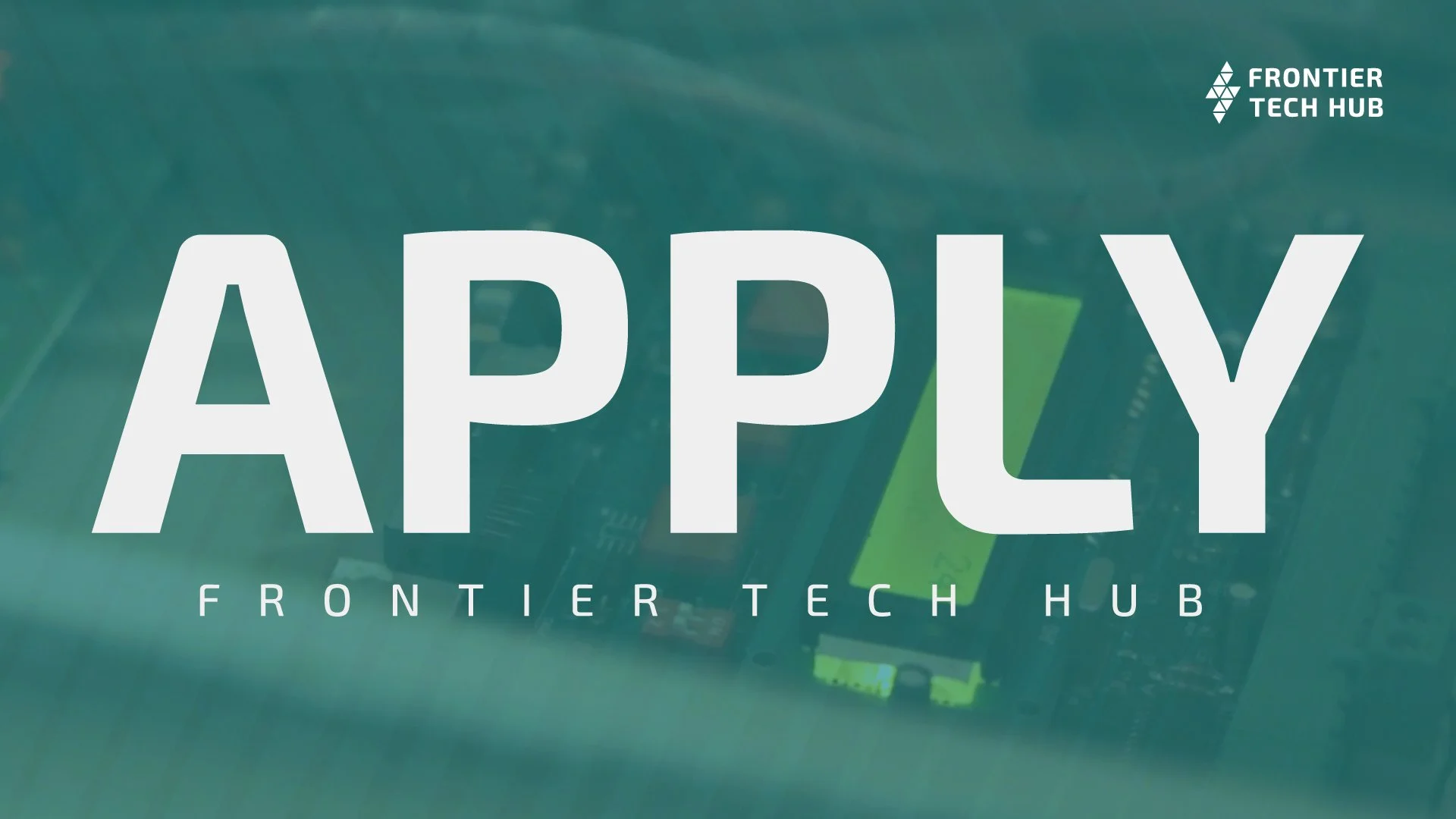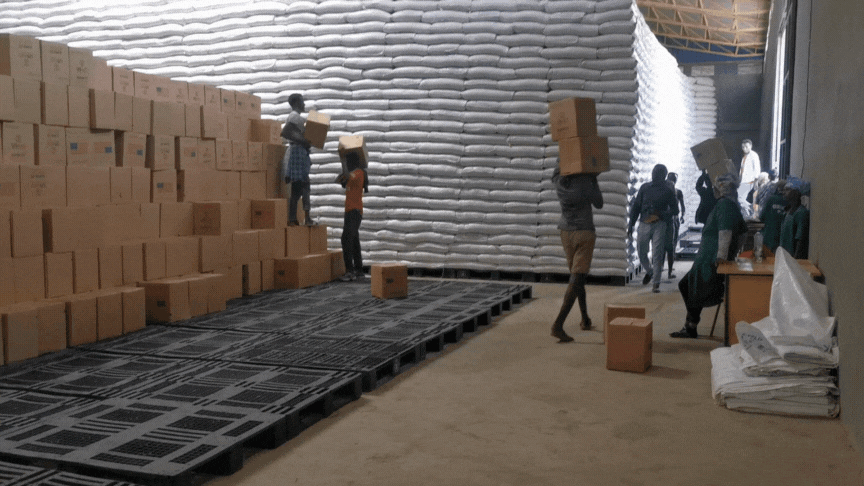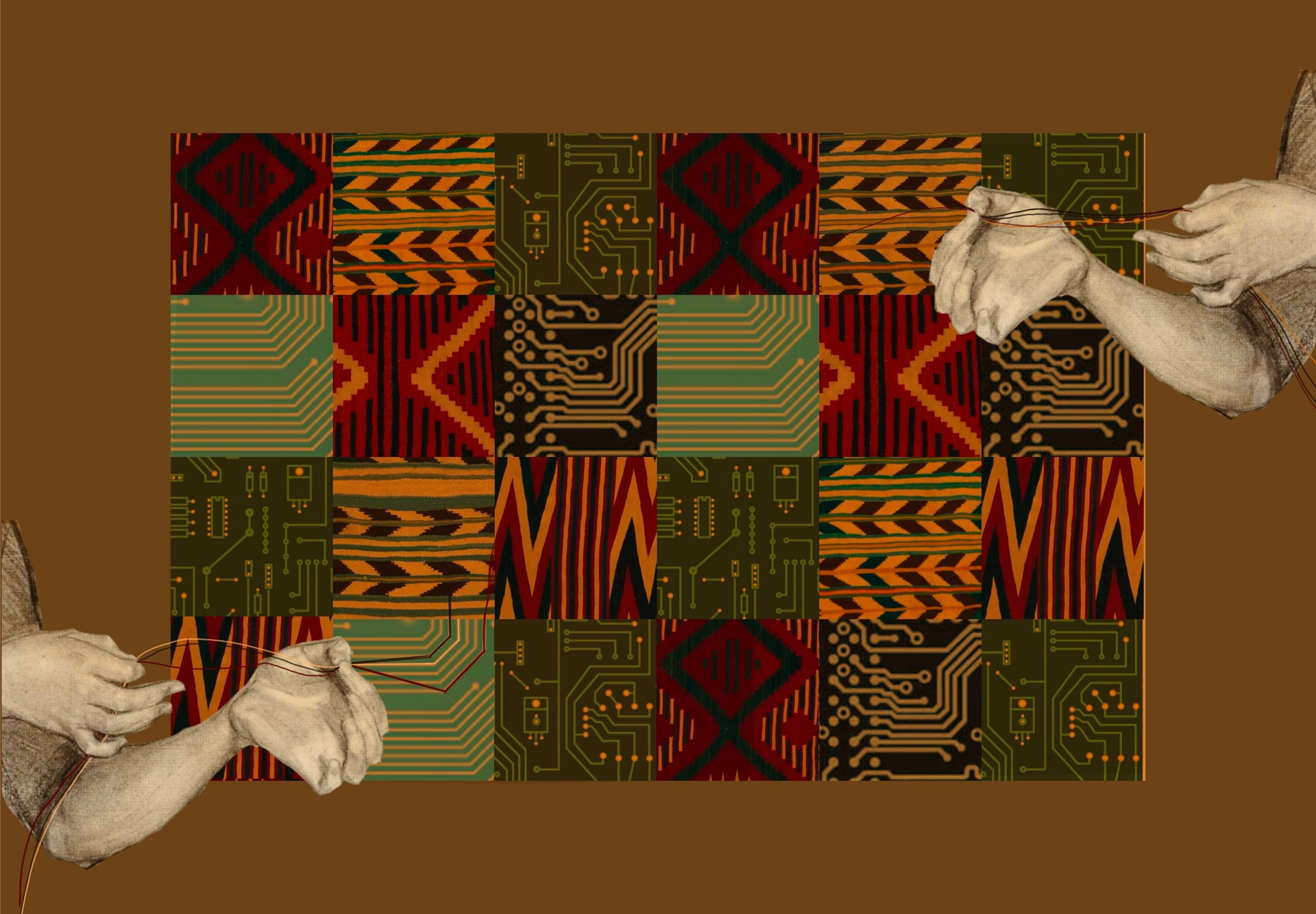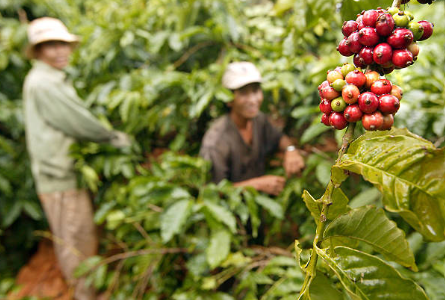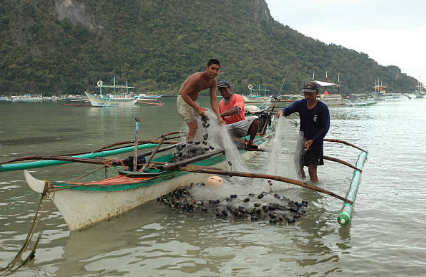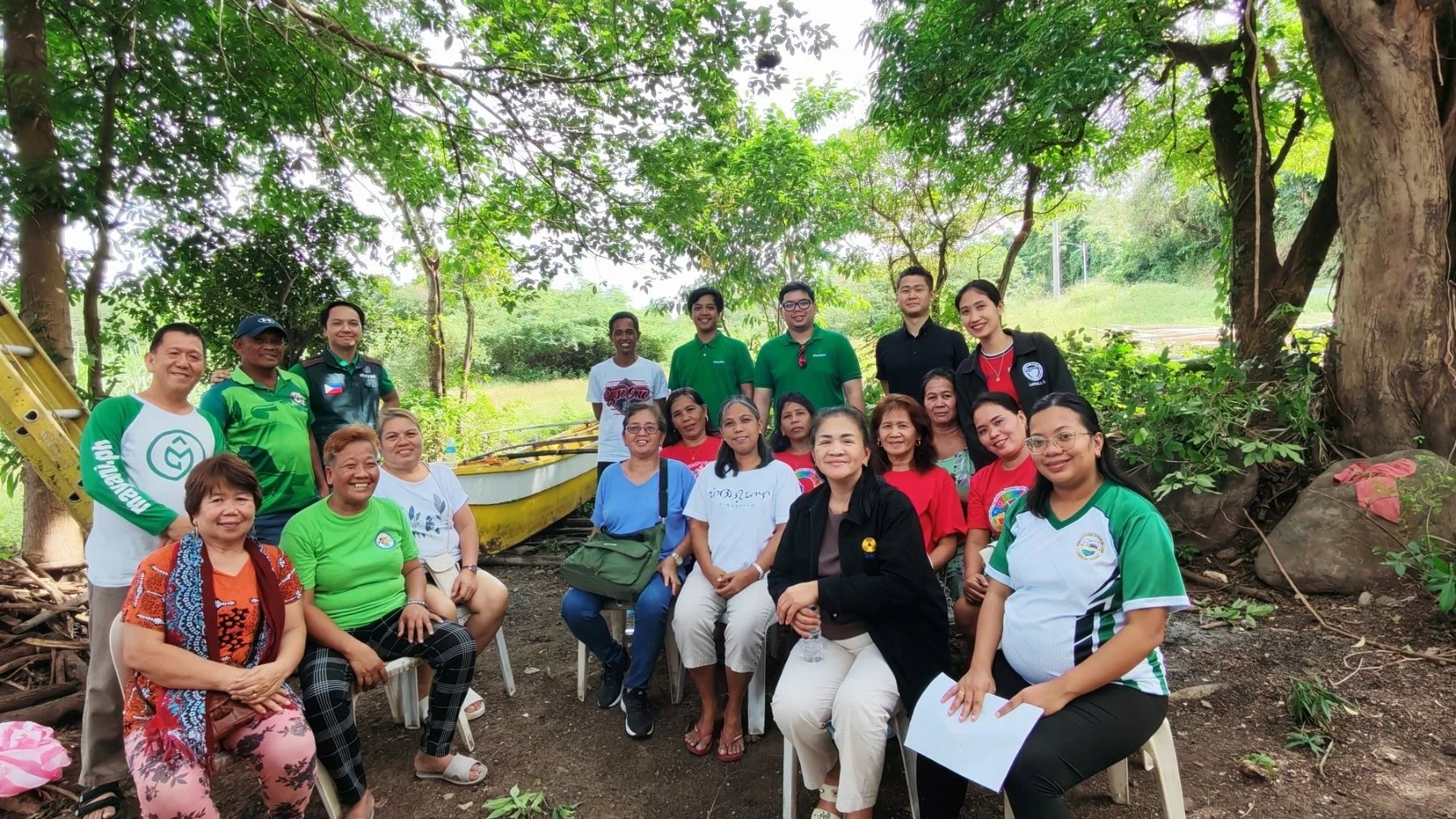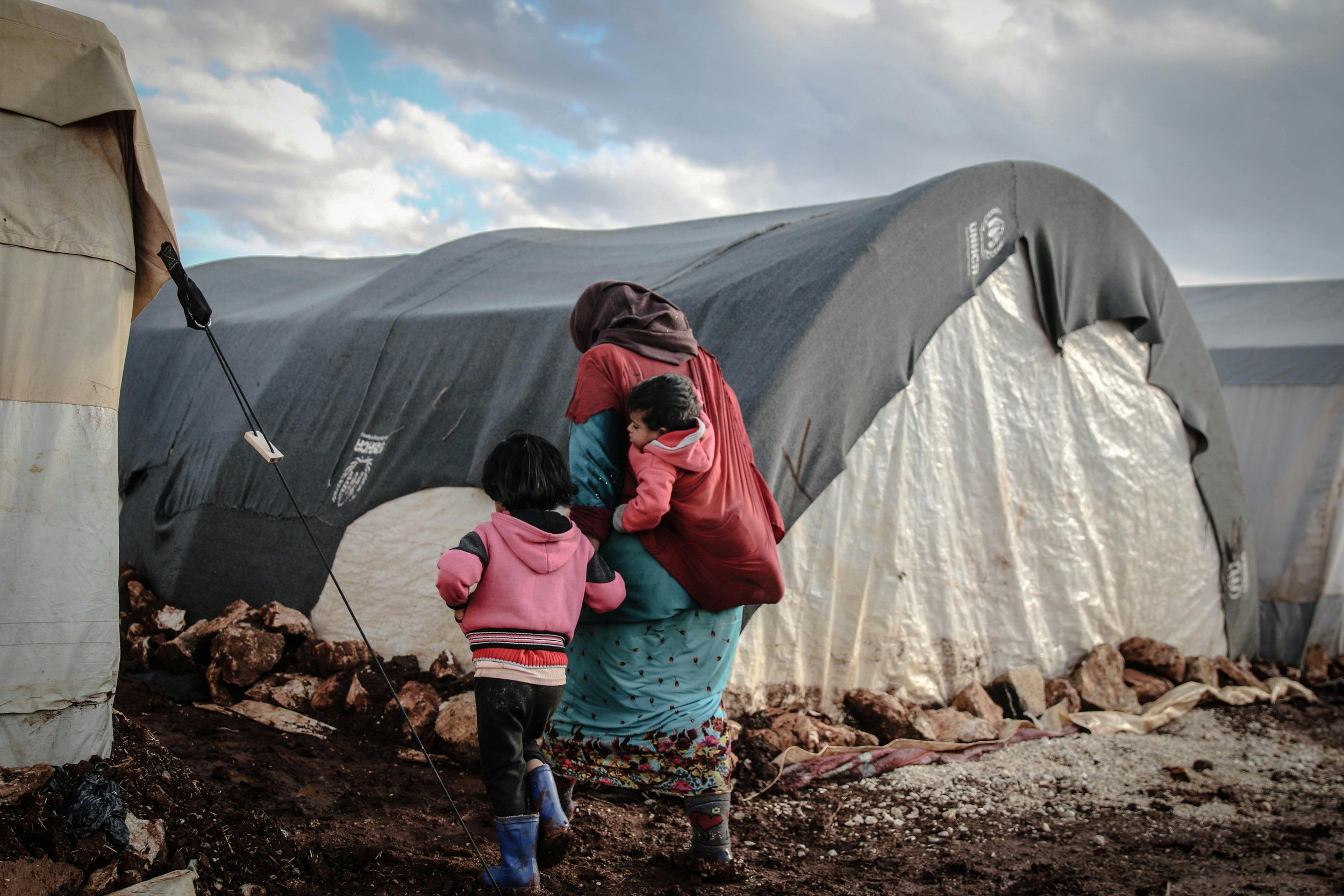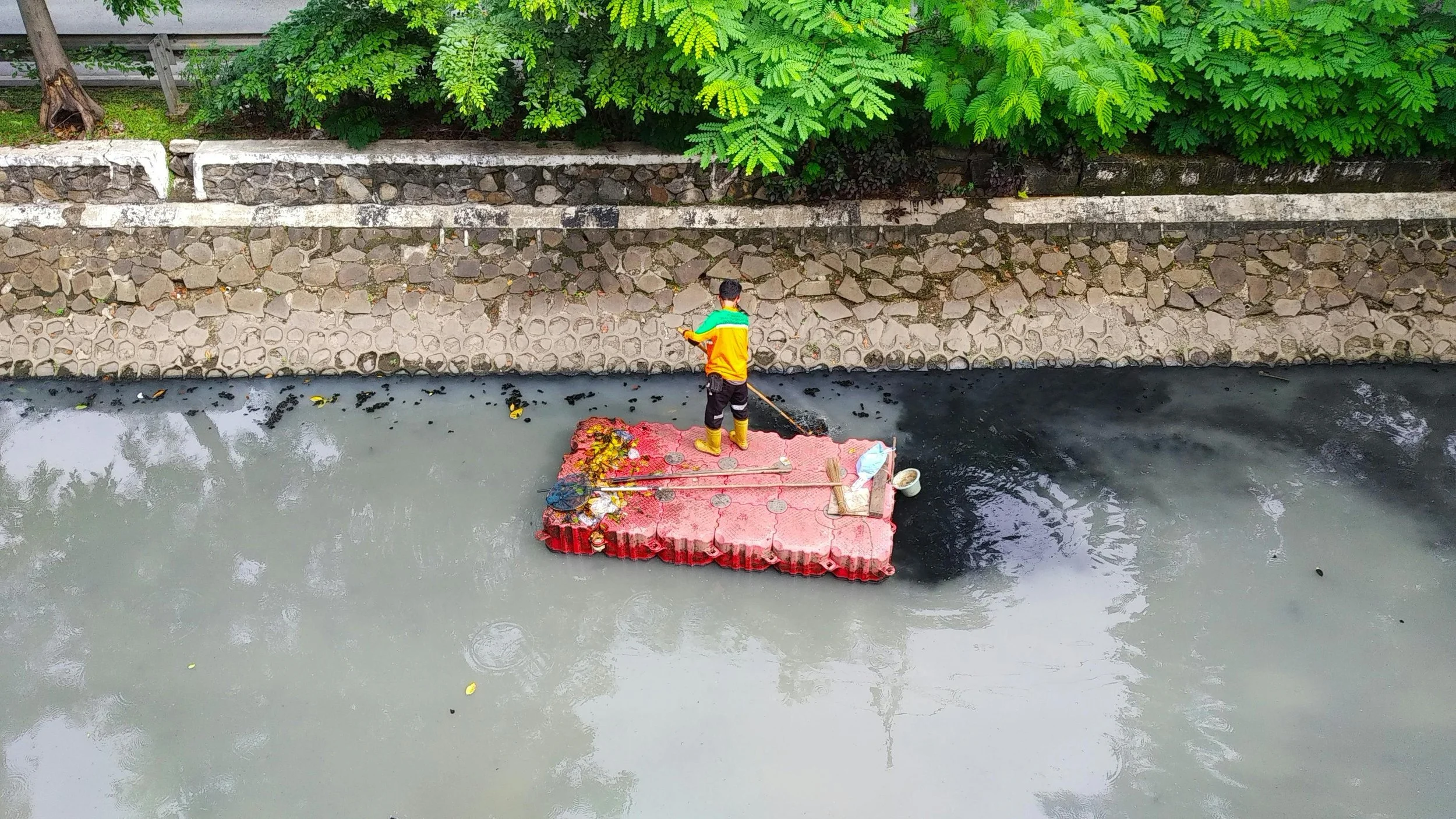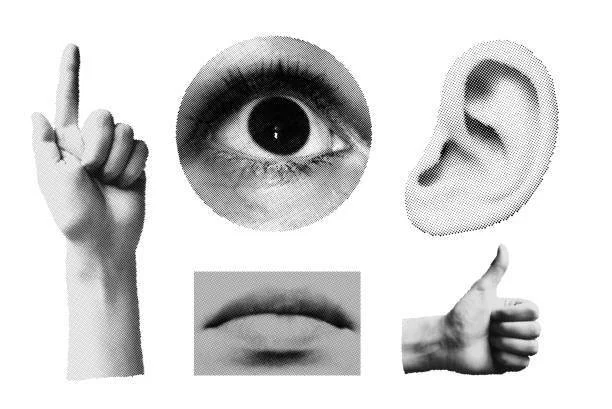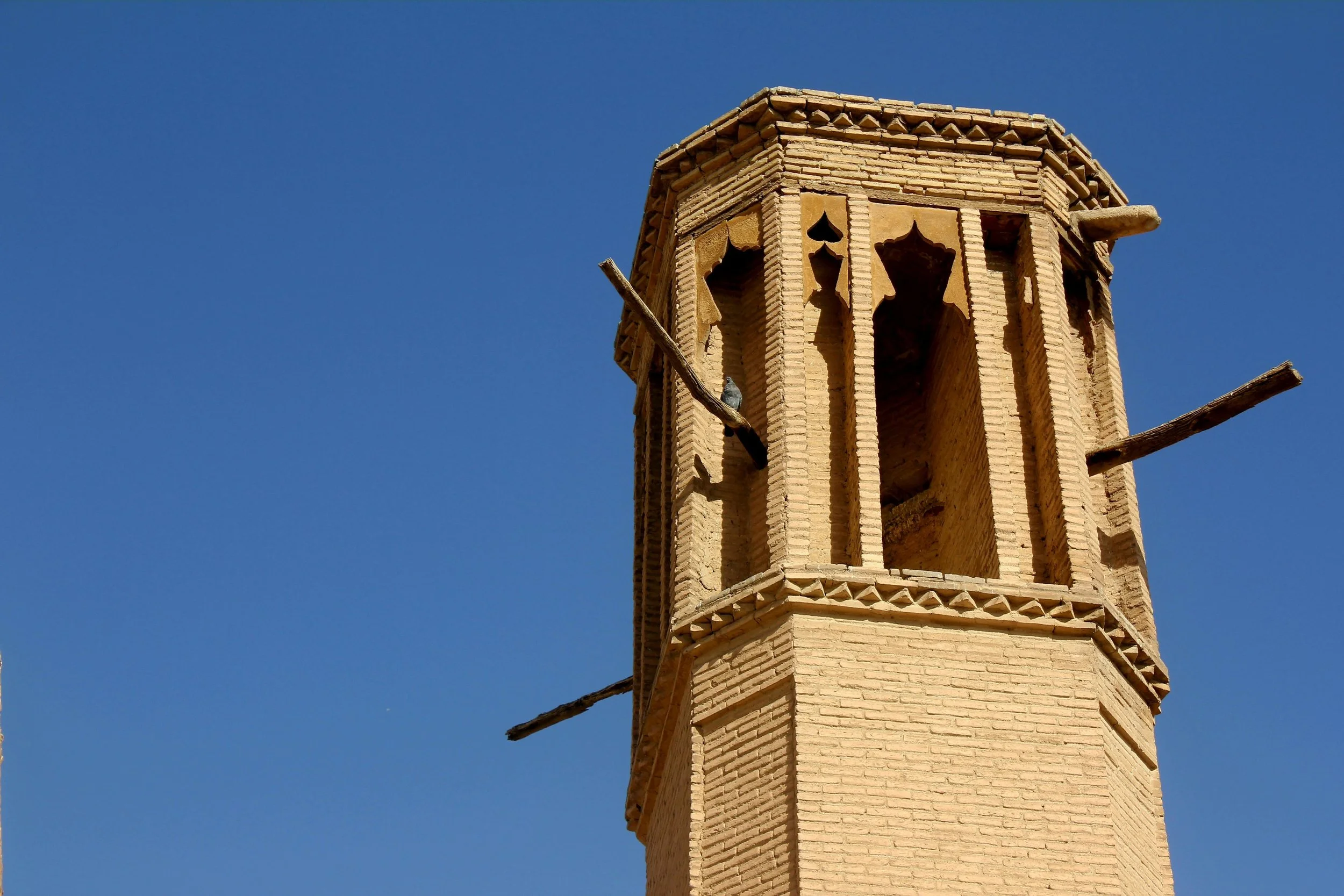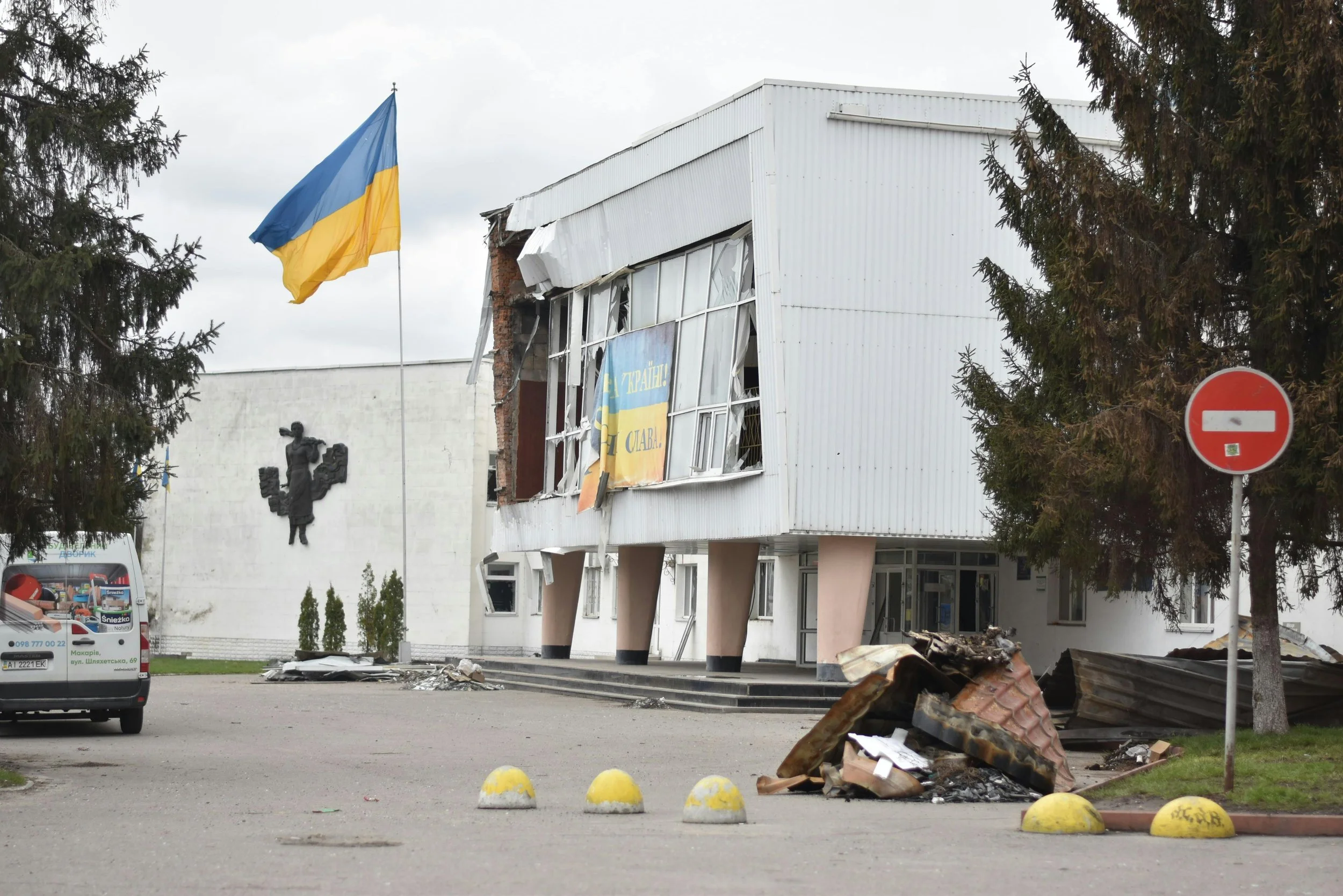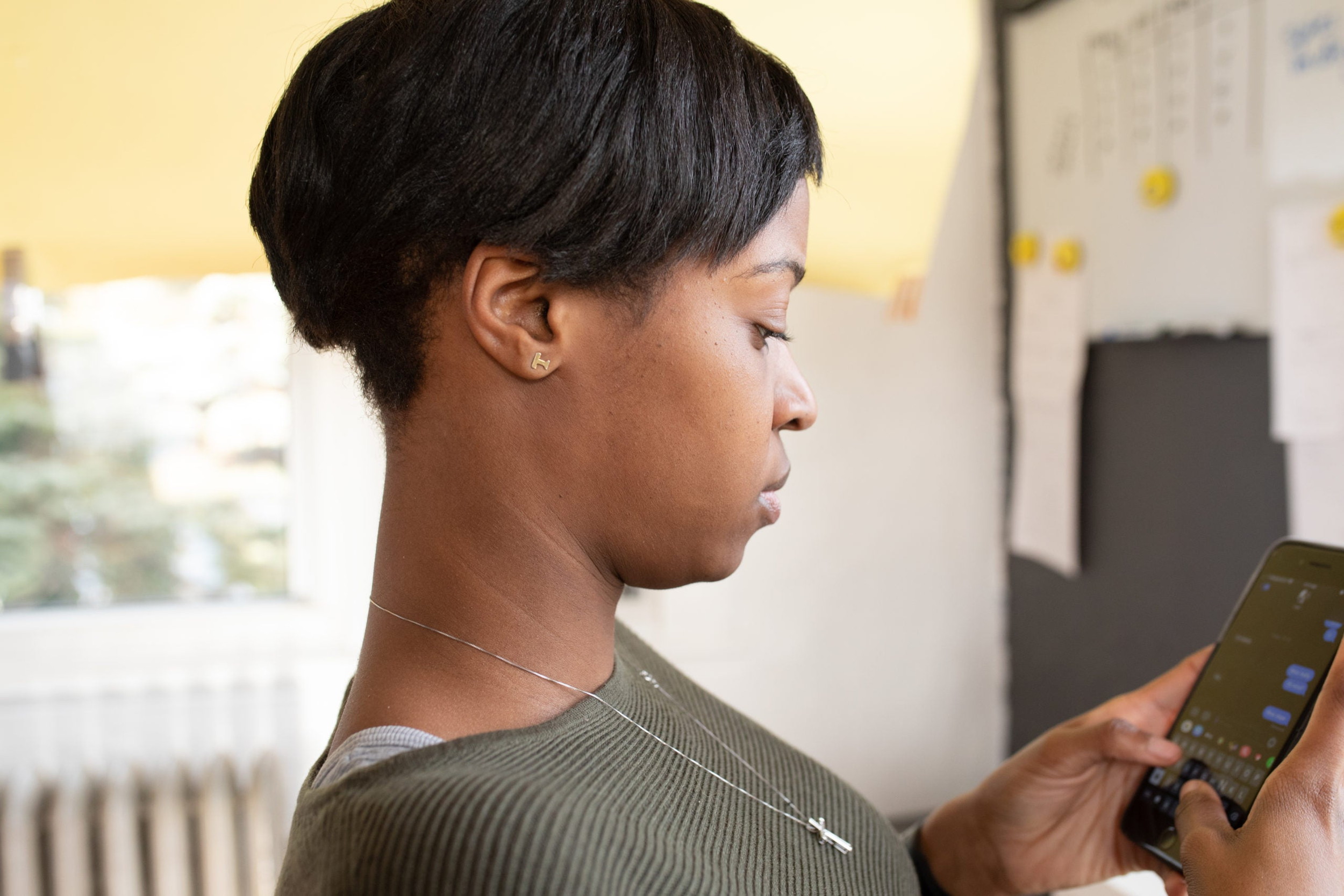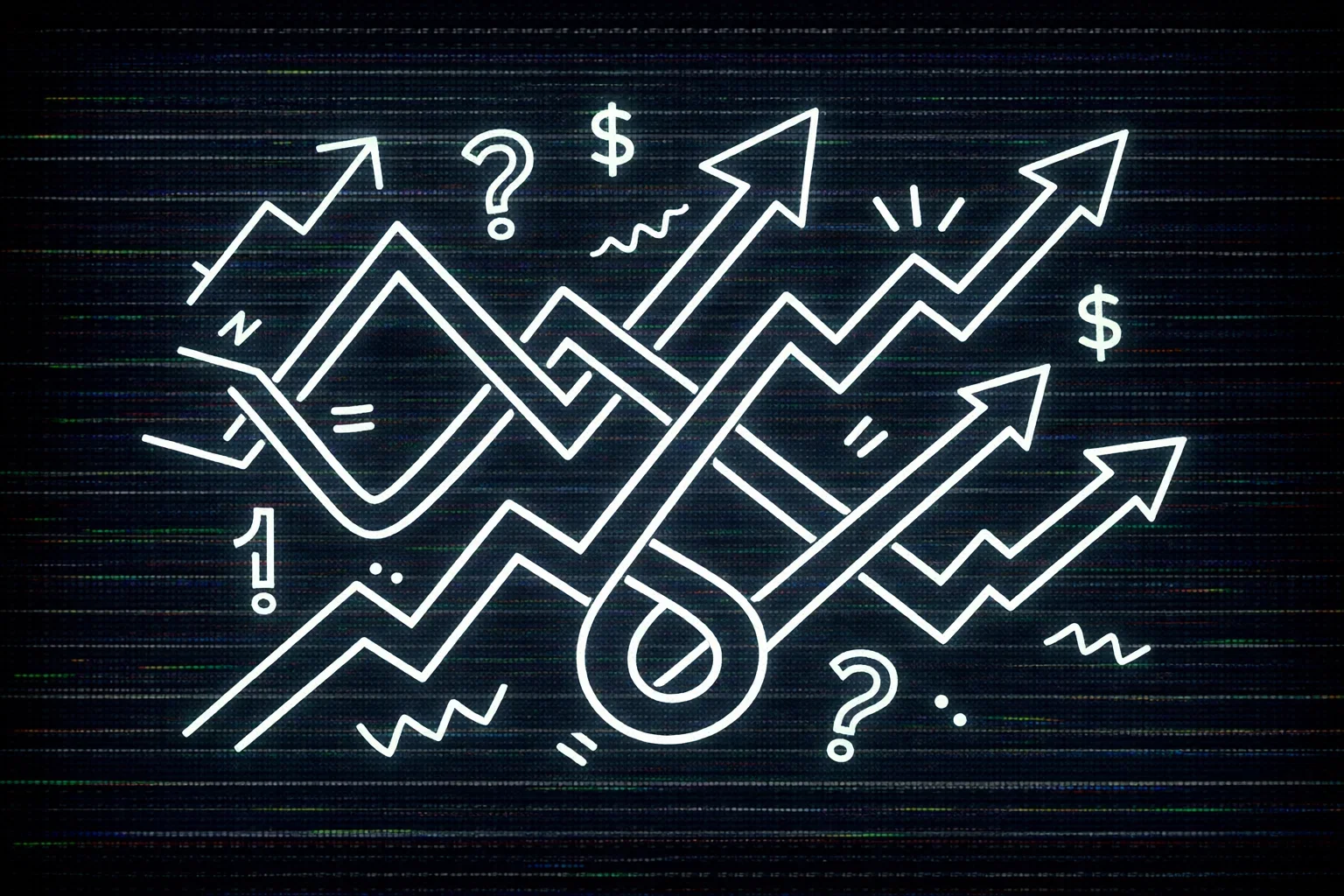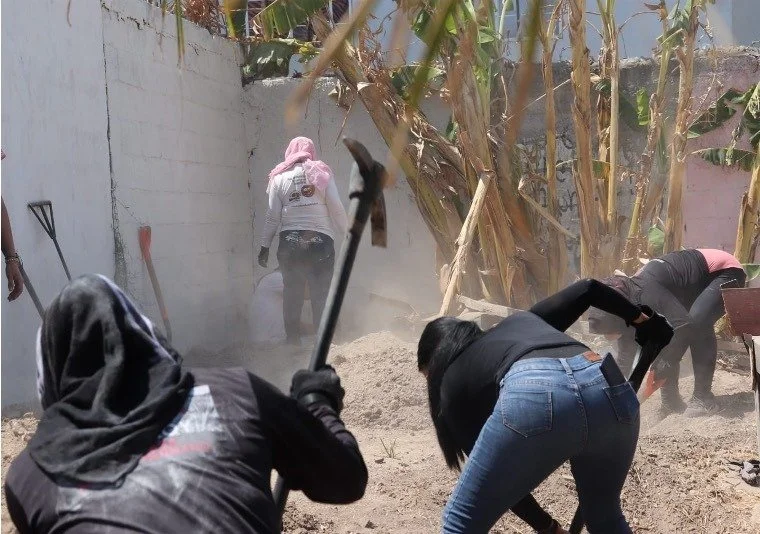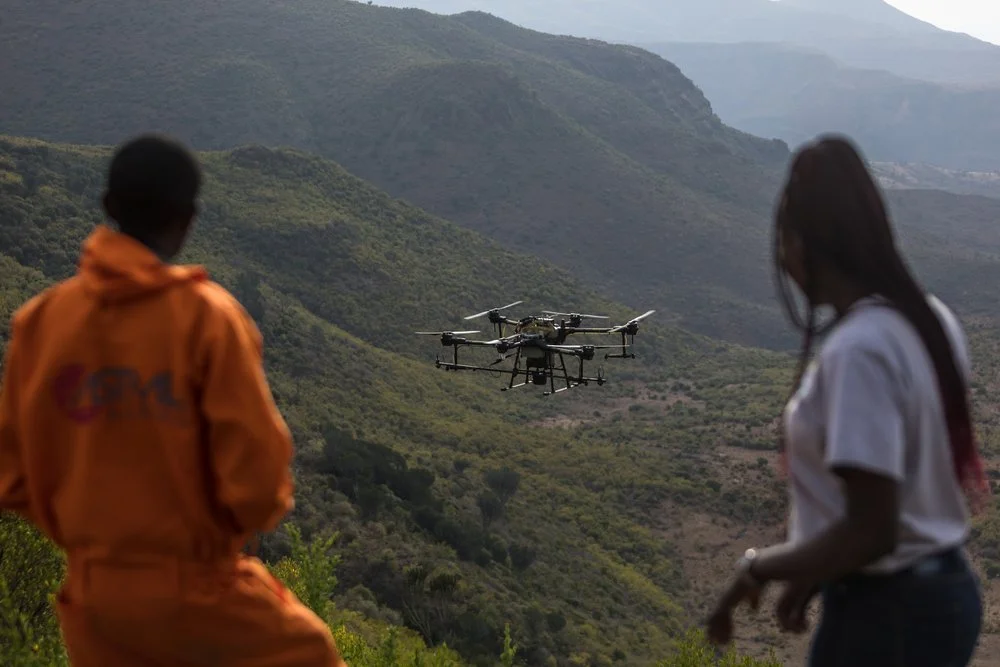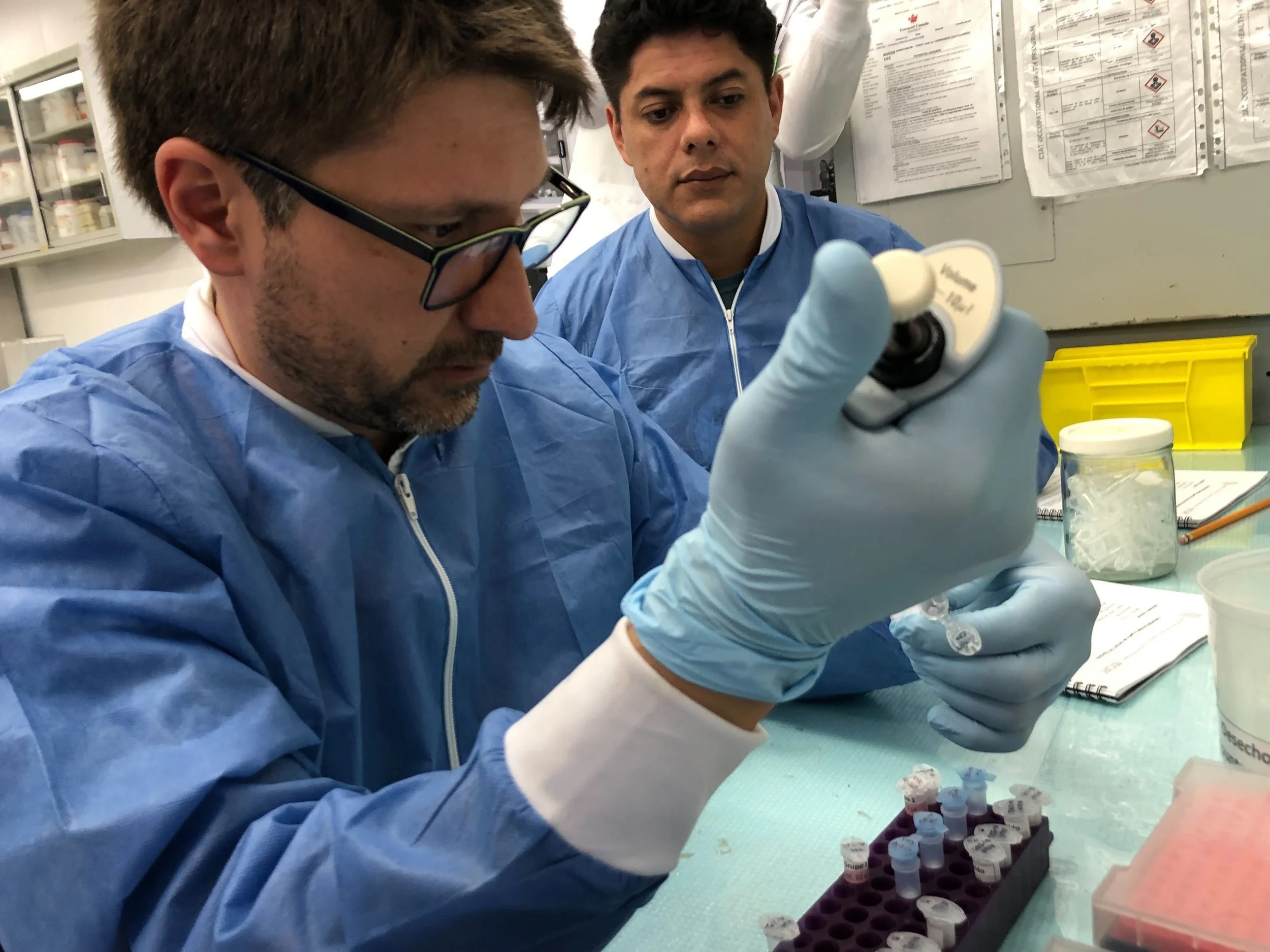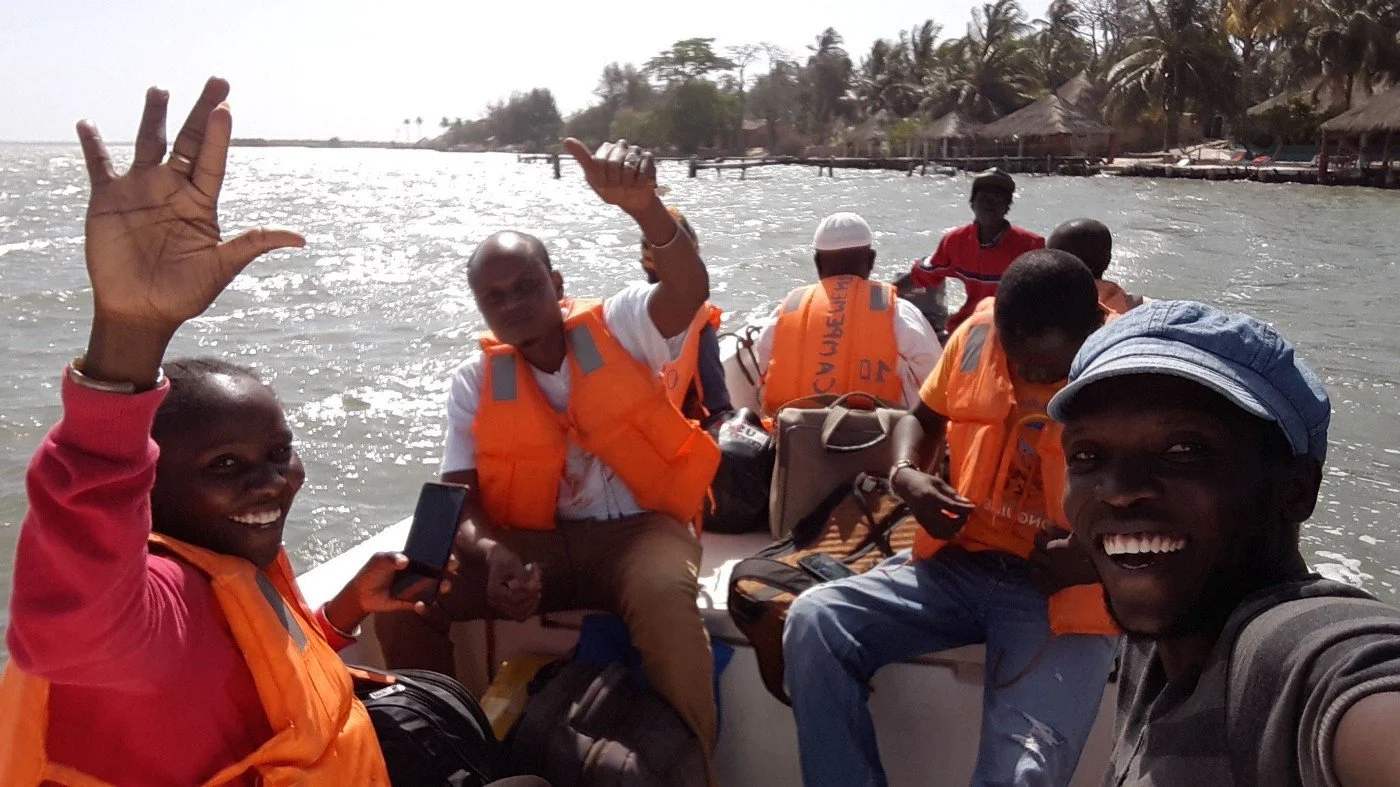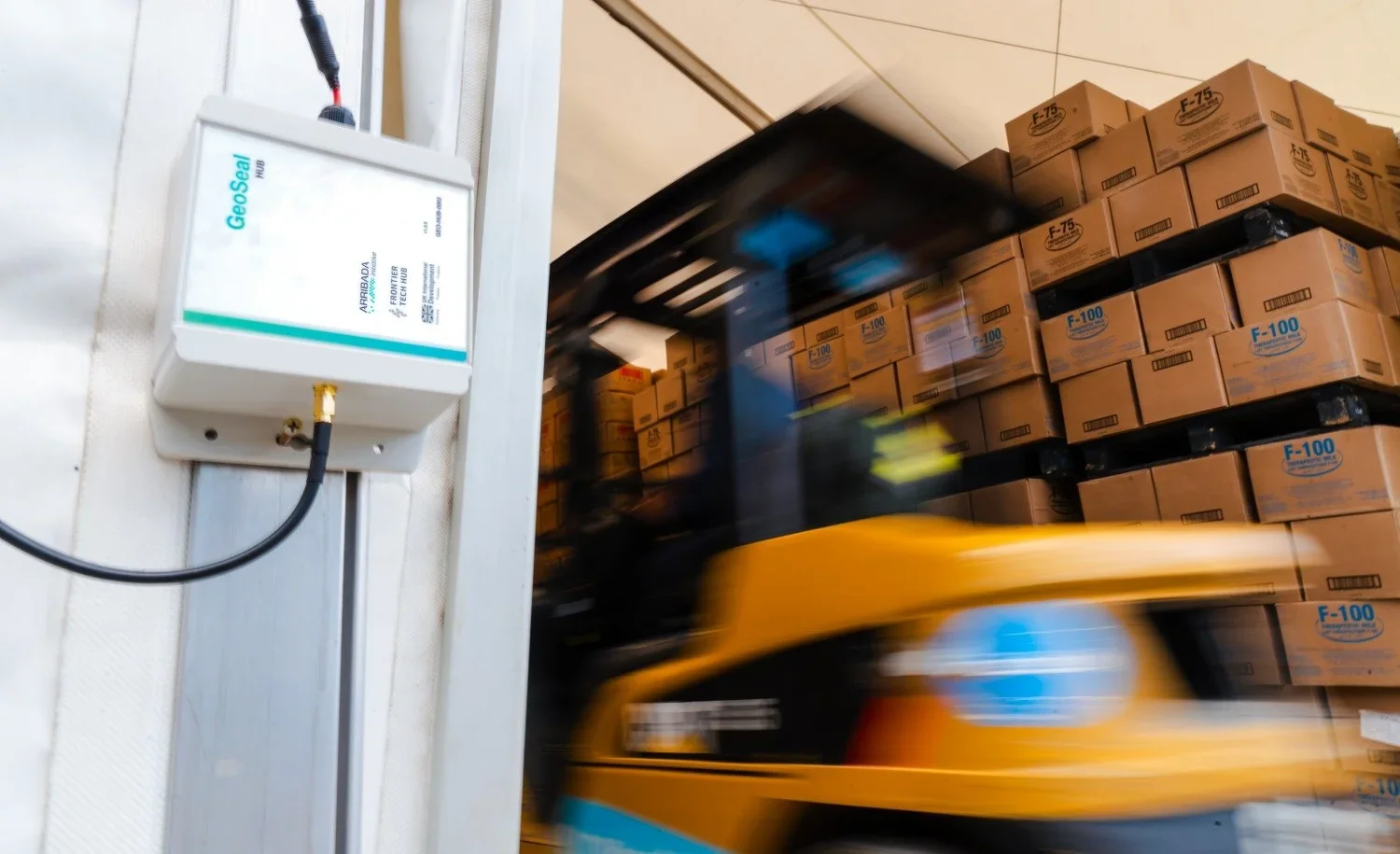
Apply to join the
programme
Our Call for Applications has now closed
Thank you for your interest in the Frontier Technologies Hub
Do you see potential in technologies like GenAI, IoT sensors or robotics to tackle the toughest challenges in your work?
The Frontier Tech Hub enables FCDO staff to turn bold ideas into real-world solutions by de-risking the riskiest assumptions, partnering locally and generating evidence about what does (and doesn’t) work.
On September 15th 2025, we opened our tenth Call for Applications. And we’re calling for your ideas to harness frontier technologies in the real world.
This year, we’re especially keen on ideas that accelerate climate and nature action, strengthen humanitarian response, support inclusive economic growth and nurture open, democratic societies—always with value for money and transparency in mind.
Innovative solutions are needed, now more than ever, and we’ve already seen the potential frontier technologies hold to accelerate progress on critical global challenges. If technology could move the needle in your work, bring us your problem and an idea. We’ll help you prove what works and deliver greater impact.
-
The call is open to anyone working in the FCDO, and all you need is an idea to harness ‘frontier technologies’. By this, we mean using an emerging technology, or applying an established technology in a novel way or new context.
Successful FCDO staff will join the programme as Frontier Tech Pioneers, and put their ideas to the test using agile sprint methodologies.
This growing network of FCDO Pioneers are leading the way in testing, learning and sharing insights about the potential impact of frontier tech across the world.
The Frontier Tech Hub will provide dedicated innovation coaching, up to £50k of grant funding over 12 months and connections to tech expertise to pilot the tech-enabled solution.
We provide this space to experiment with unproven, high-potential technologies, where failure is accepted as a pathway to learning. Through this, evidence is generated and contributes to a greater picture of what works, ready to be put to use by others.
Applications relating to any theme or sector are welcome, provided the focus is on delivering FCDO priorities.
The deadline to submit is 15th October 2025.
-
Innovation is everywhere, the challenge is how to harness and scale it.
The Frontier Tech Hub has been committed to tackling this challenge for 10 years by funding, testing and scaling bold ideas from FCDO staff. The programme earned the Civil Service Award for Innovation in 2017, and in 2019, Ministers agreed to scale the work.
Since 2016, we’ve supported 94 innovative ideas and engaged 122 FCDO staff across 35 countries.
Previous pilots have included testing the use of smart geo-seals to track the delivery of humanitarian aid, testing how drones can be used to manage locust swarms in Kenya, and supporting local government to use satellite data to anticipate natural disasters in Nepal.
By spotlighting learnings from across our portfolio, we bridge FCDO and the world of tech, fostering curiosity about how radical technological shifts shape our shared future—and FCDO’s role within it.
You can explore each idea in our pilot portfolio, and filter pilots based on country, sector, and technology used.
-
The pilot journey takes place over 12 months and is structured across two 6-month phases.
Phase 1 is guaranteed for all selected pilots, providing an initial opportunity for innovation testing. After 6 months, at the end of Phase 1, each pilot will present their progress to the Frontier Tech Investment Committee to request funding to continue into Phase 2.
The cohort will begin phase 1 in early 2026.
The FT Hub will provide:
🚀 Coaching in sprints to generate actionable insights based on real-world testing
🎓 Tailored capacity building in storytelling, agile methodologies, and more
🤝 Connections to local entrepreneurs and tech partners who will implement your idea
💰 Up to £25k funding per phase, up to £50k over 12 months
📈 Opportunities to access further support and funding beyond the pilot stage
As an FCDO Pioneer you will be expected to:
💡 Share learning and insights openly in collaboration with the Frontier Tech Hub
🎬 Tell stories about the work, highlighting successes and failures
🌍 Actively feed learnings back into their work and programme strategies
🧑💻 Carve out time to lead and champion your pilot
-
We will support every pilot to achieve its best results, but part of the value of experimenting is learning when something won’t work. With this in mind, we recognise that not every pilot will necessarily reach the second phase.
For example, of our last cohort of 16 pilots, three closed early. Reasons include a decreasing strategic fit with FCDO objectives or an idea’s assumptions being disproven.
In order to set you up for success, we’ll agree on a common definition of what good looks like at selection. These proof points will help create our scope of work, and we’ll revisit them every six months. This approach helps ensure that we focus on the most promising innovations.
Remember: failure is an inevitable aspect of innovation. Whether your idea fails or succeeds, your insights inform a far greater picture. Together we’ll learn about what doesn’t work, and scale what does.
“Over the last decade, the Frontier Tech programme has empowered FCDO colleagues around the world to test, learn, and innovate with emerging technologies. As science, technology, and innovation reshape our world, FCDO will continue to lead in applying them to the most pressing global challenges. I urge colleagues to be bold. This tenth call for ideas will continue to help shape the future of international development and diplomacy."
Professor Sir John Edmunds
Chief Scientific Adviser, FCDO
Not sure where to start?
We’ve been developing bodies of evidence for 10 years. Dig into our reports, podcasts, films, newsletters or futures explorations for a first hit of inspiration.
You can also explore our pilot portfolio.
Since 2016, we’ve supported 94 ideas and engaged 122 FCDO staff across 35 countries.
Click below to learn about different frontier technologies and how the FCDO is using them to solve challenges around the world.





